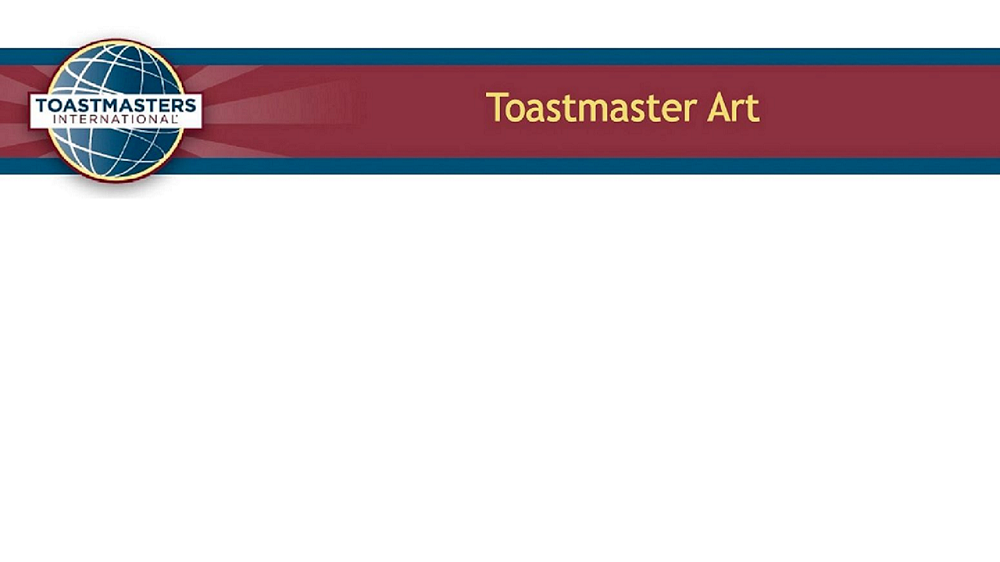We Toastmasters know what Table Topics is, how it helps participants improve their impromptu or extemporaneous speaking skills, and that a Table Topics speech, like any other, should ideally have a clear introduction, body, and conclusion (i.e. be structured). However, I have witnessed on many occasion the Topicsmaster, after introducing the session, simply asking for a volunteer. Sometimes one of the people who volunteers already has a major speaking role. Is this the best way to handle a Table Topics session, or can we do better?
Let’s first address the question “Do I call on people or ask for volunteers?” I have no recollection of ever in my time as a Toastmaster seeing an official resource which recommended solicitation of volunteers. If you examine the resources on the Topicsmaster role description page on the Toastmasters International Web site (https://www.toastmasters.org/membership/club-meeting-roles/topicsmaster), you will find “call on” in many places. The “Tackling the Topicsmaster Role” article linked from that page helps us further determine if calling on attendees or asking for volunteers is the way to go, by saying, “If you ask for volunteers, people who are shy may be reluctant to respond. And those who jump at the chance often need the least practice.” I have also noticed that when people are reluctant to volunteer to take a question there’s a delay that slows down the meeting and creates an uncomfortable awkwardness.
Great! We’ve seen that the Topicsmaster should call on attendees rather than asking for volunteers. We therefore now need to answer the question “Who do I call on?” I have a crack grammarian [Janet] in my club so I should note that “Upon whom do I call?” would be grammatically correct.
I developed a chart for use by the Topicsmaster. I have included it below so you can use it as the basis for a chart for your club. Bill Brown, in the article “Being the Best Table Topicsmaster” linked from the page above, has a multi-column list that he prepares. He also clearly states the rationale for the highest priority entry in my chart below being an “experienced member with no role (to demonstrate)” when he says, “Give them [guests] an opportunity to see how it is done before inviting them to participate.”
Prioritized list of people to call on for Table Topics
| Highest | Experienced member with no role (to demonstrate) |
| Willing guests | |
| Experienced members with report-only role (timer, ah counter, grammarian) or introductory role (quotemaster/tipmaster, jokemaster) | |
| Prepared speech evaluators | |
| General evaluator | |
| Toastmaster | |
| Prepared speakers | |
| Lowest | Table Topicsmaster |
In conclusion, whatever list or chart resource you prepare, make it available to all members (we keep ours on our club’s FreeToastHost site). Members, especially those serving for the first time as Topicsmaster, need to know that they should, 1) Call on people, and 2) Call on the right people in the right order. I believe that if you implement these recommendations, the Table Topics sessions in your club’s meetings will be the best they can be.

